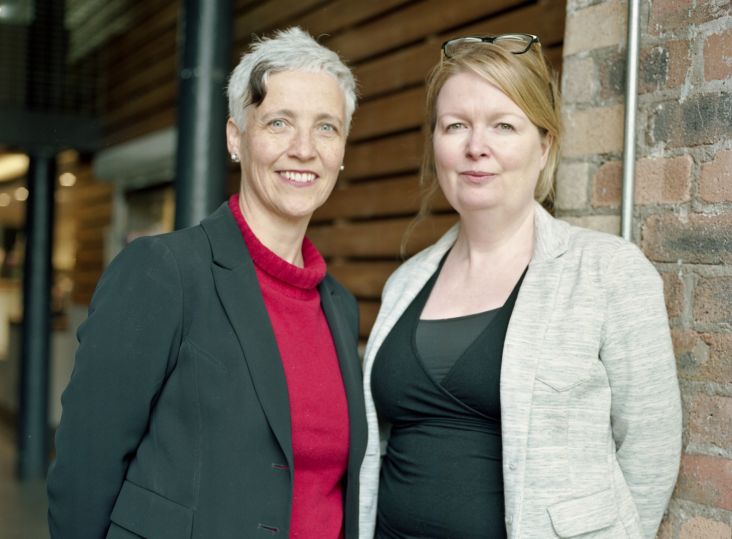Tara Mohr on how brilliant women can overcome self-doubt to play big and pursue their dreams
Tara Mohr is an expert on women's leadership and well-being. She helps women play bigger in sharing their voices and bringing forward their ideas in work and in life.
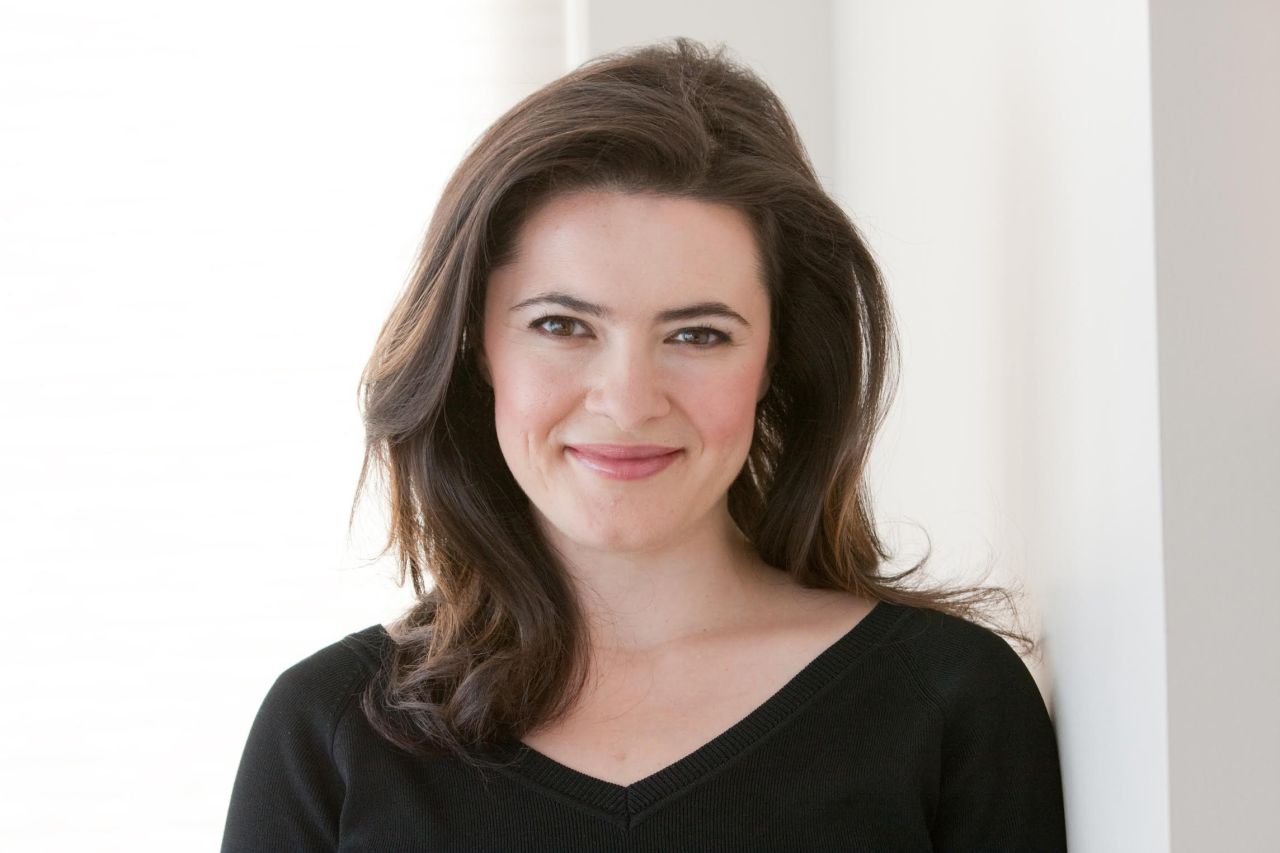
She's also the author of Playing Big: Practical Wisdom for Women Who Want to Speak Up, Create, and Lead, where she shares her pioneering model for helping women move past fear and self-doubt to pursue their creative career and life aspirations.
A coach with an MBA from Stanford University and an undergraduate degree in English literature from Yale, Tara takes a unique approach that blends inner work and practical skills training. Her work has been featured on national media from the New York Times and Today Show to Harvard Business Review and Oprah and has captivated women from all walks of life.
With her insights striking a chord with female creatives worldwide, we thought we'd chat to Tara about why women fear leadership or progressing in their careers, and how they can overcome self-doubt and succeed...
You’re considered an expert on women’s leadership and well-being – tell us how you got here…
As a little girl, I often wondered why my history books never mentioned any women. Where were they? I wondered why we didn’t read any novels by women, in my English classes. When my family went to religious services, I wondered why it was only men in front of the congregation, and why all the ancient stories we were learning about were mostly about men.
In other words, from a very young age, I always noticed how women’s voices were missing, and so felt I wanted to do something about it and was supposed to do something about it. I had that mysterious and wonderful sense of calling. In my career, I’ve pursued that mission in a few different ways – from literary projects that bring forward women’s voices to non-profit sector work on social issues that impact women, to what I’ve now done for the past several years – writing, teaching, coaching and speaking about how women can move into greater empowerment and fulfilment in their lives and work.
You’re the creator of Playing Big – a leadership course for women, and the writer of Playing Big: Practical Wisdom for Women Who Want to Speak Up, Create, and Lead – tell us more…
When I started my coaching practice several years ago, I wasn’t sure what the focus should be. I’m guessing I’m like many of the creatives reading this – we need an organic process, over time, for our work to emerge, and for its focus and audience to become clear. That was very true for me. So early on, I was essentially coaching anyone who needed my help.
Within a few months, I started to notice a pattern. Most of my clients were women, and every single one of them inspired me so deeply. They were ethical and conscientious. They were hard-working and thoughtful. They had fabulous ideas, visions and innovations in mind for their companies and industries, as well as much-needed critiques of the status quo.
I could see how ready they were for leadership and I wanted them to claim it. I knew how much better off our world would be if people like them were leading. But I also witnessed again and again how they didn’t feel ready for leadership, how they felt a tremendous amount of self-doubt, self-criticism, and fear.
At the time, I was also working in the field of philanthropy, and noticed a pattern that many of my friends in creative fields had also observed: charismatic and extremely confident men at the top of organisations, winning most of the prestige, recognition, and dollars, and tons of women around them, getting most of the actual work done, dealing with the details, having less visibility and rewards, and not trusting their voices fully, but also not being heard when they spoke up.
In observing this, I started to make the focus of my work on why women 'play small' in these ways, and what can help us play bigger – even in environments where there's a lot of bias at play.
It turned out that there were some mental shifts and daily practices that really made a tremendous difference for diverse women. Those steps became the heart of the Playing Big model, which is now the subject of my book and the focus of my online courses for women.
For most of our history, doing what was acceptable or got us approval was necessary for women's survival – we didn’t have the legal, political, or financial rights to ensure our safety otherwise. This is why criticism can often feel almost life-threatening for us.
A recent study has indeed shown that women receive more negative feedback in the workplace – with 76 per cent of that feedback including some kind of personal criticism. Why do you think women walk such a tightrope?
Yes, and the most stunning part of this study was the gender gap – only 2% of the negative feedback men received included personal criticism. We are still suffering as a culture from a lot of narrow stereotypes about how women are supposed to behave. And the research shows that both women and men hold these stereotypes and judgments equally – women do this to each other.
That's frustrating. So through your course and book, you offer 10 rules for brilliant women. One of these rules is about unhooking from praise and criticism. Tell us more…
This was another thing that really surprised me when I started my coaching practice. Clients would come with what looked like very different issues on the surface, feel unmotivated and burnt out in their current job, for example – or not be able to consistently set aside time to pursue that passion project they wanted to do on the side of their paid work.
When we dug deeper, I found that often, for women, the underlying block in these different 'challenges' was the same: an attachment to praise and an avoidance of criticism. The real issue with that creative side project was that the person feared the controversy it might provoke. The real issue with burnout was the individual not knowing how to handle the harsh feedback that was coming at her, now that she was in a more senior role.
If we want to do pioneering work, make controversial decisions (as we are called to do in any senior role), or simply do or say something we know, not everyone will like, we have to let go of 'being hooked' by praise and criticism. This is particularly hard for women, for many reasons. We’ve been socialised to prioritise relationships. We tend to get harsher and more personal criticism, which leads us to try to avoid it more.
And most deeply, for most of our history, doing what was acceptable or got us approval was necessary for women's survival – we didn’t have the legal, political, or financial rights to ensure our safety otherwise. This is why criticism can often feel almost life-threatening for us.
With that in mind – women tend to face a lot of feedback and criticism in the creative industries. It comes with the territory. How can they stay creative without being weighed down by the ensuing self-doubt that follows?
In Playing Big we get very practical about this. We try on the idea that all substantive work brings both praise and criticism, and we look at a variety of examples and case studies around that.
Second, we reframe feedback as always giving us information about the person giving the feedback – and never giving us information about ourselves. That’s an incredibly liberating concept because we can start to take feedback very seriously, and without defensiveness because we see that it simply gives us insight into the preferences and priorities of the person giving the feedback.
If the person giving the feedback is a key colleague, or boss, or client – someone we want to engage with effectively – we want to listen to, and in some way respond to, or adapt to the feedback. But it’s not personal, and it’s not about merit or talent.
Anyone can start to do this now. Think back to an experience of receiving negative feedback. If you look at it as simply giving you information about this person who gave the feedback, what does it tell you about them? How does that change how you see the situation? And then, think back to an experience of receiving positive feedback. If you look at it as giving you information about the person who gave the feedback, rather than as telling you anything about you, what does it tell you about how to reach them, or people like them, more effectively?
The name of the game is not about being confident, but about learning to have a new relationship with your self-doubt. One where you can hear the voice of self-doubt but not take direction from it.
That's a great point. It's taking the emotion out of it. In your line of work, you’ve noticed that many women are also hiding and stalling from becoming a bigger player in their careers. Why is that?
Playing Big takes us out of our comfort zones. The way we are defining 'playing big' here – it’s not necessarily about having bigger clients or more revenue or even bigger reach, although it may involve any of those things for a particular individual. What 'playing big' looks like depends on the individual woman. It’s about her expressing more of her authentic voice – whether in her creative work or at the conference table. It’s about her pursuing her callings and dreams.
Playing big involves doing what matters most to us and risking criticism, failure, standing out from the crowd – things our emotional safety instinct is not too fond of! So, in an attempt to avoid that discomfort, we often hide and stall on playing bigger.
One of the things that have been so clear is that we often hide from and stall on our playing bigger in sophisticated ways. We fool ourselves that we are working as diligently as possible toward our own goals, while really hiding behind behaviours like compulsive education-seeking, endless polishing and revision of our work, or curating other people’s voices while suppressing our own. These can all look like good work from the outside, but really – they're hiding strategies.
So how can women stop hiding or holding themselves back from career progression?
Simply being aware of these common hiding strategies helps. We also address a lot of other topics that make a difference – learning how to manage the inner critic, access what I call your inner mentor, navigate fear, and much more.
Finally, what three pearls of wisdom can you share with women who want to be more successful in their creative professions?
Firstly, it’s not about confidence. There is so much advice for women to 'just be confident' but I’m not a fan of this advice. We experience a lot of self-doubts – that ranting, panicking inner critic voice – when we are playing bigger. The name of the game is not about being confident, but about learning to have a new relationship with your self-doubt. One where you can hear the voice of self-doubt but not take direction from it.
Secondly, update your relationship to praise and criticism. Most of us are continuing into adult life with our girlhood relationship to praise and criticism – one that doesn’t serve us so well in our career. Take a look at how you relate to both, how much you are driven by seeking or avoiding either, and then set a vision of how you want to relate to praise and criticism in your adult life and career. Then, using the practices mentioned here, you can start to make a shift.
Finally, embrace yirah. In the Playing Big model, we talk about a beautiful concept called yirah, a biblical Hebrew term for a very particular kind of fear/awe: the feeling we feel when we suddenly have more energy than we are used to having, or when we are inhabiting a larger space than we are used to (literal or metaphoric) or when we are in the presence of the sacred. When you step into playing bigger, there is lots of yirah. We want to notice those moments, savour them, and lean into them.




 by Tüpokompanii](https://www.creativeboom.com/upload/articles/58/58684538770fb5b428dc1882f7a732f153500153_732.jpg)

 using <a href="https://www.ohnotype.co/fonts/obviously" target="_blank">Obviously</a> by Oh No Type Co., Art Director, Brand & Creative—Spotify](https://www.creativeboom.com/upload/articles/6e/6ed31eddc26fa563f213fc76d6993dab9231ffe4_732.jpg)

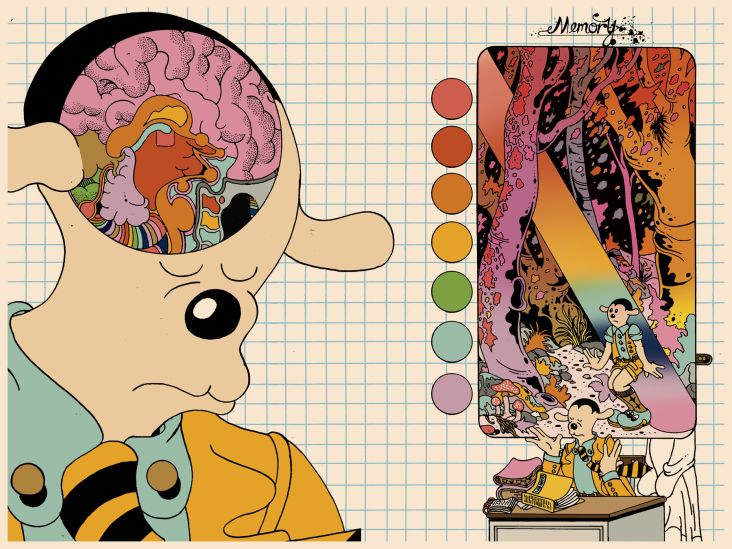







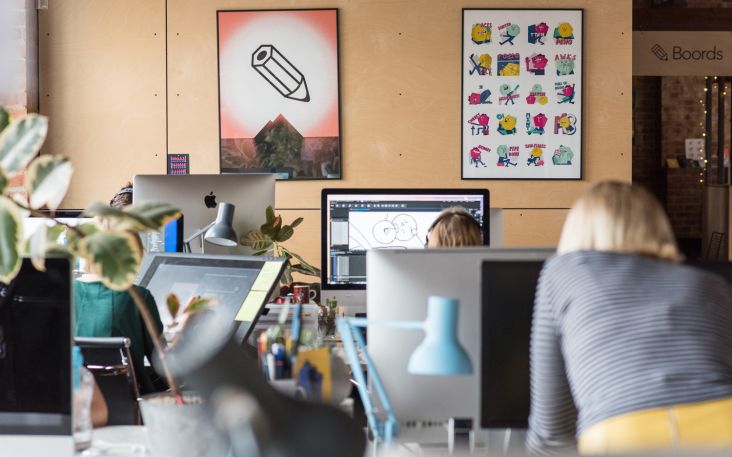
](https://www.creativeboom.com/upload/articles/a9/a9a3a5c565cd1cfd2b42bdaf85df2223d4ca37c1_732.jpeg)
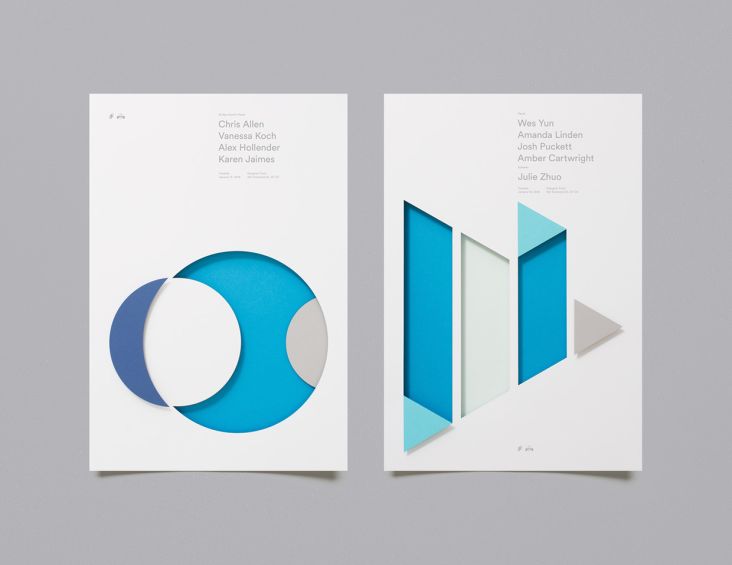
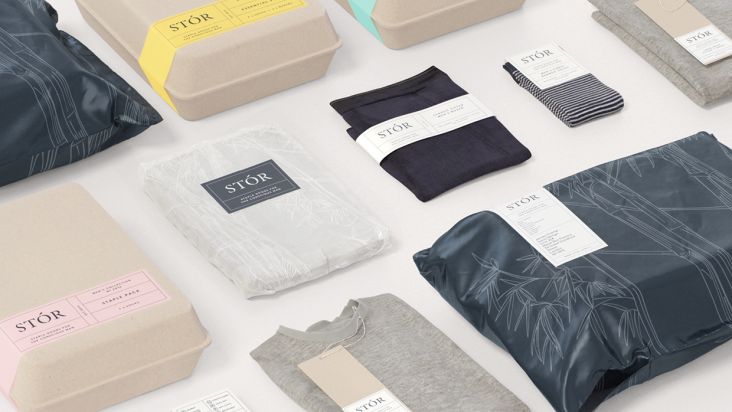
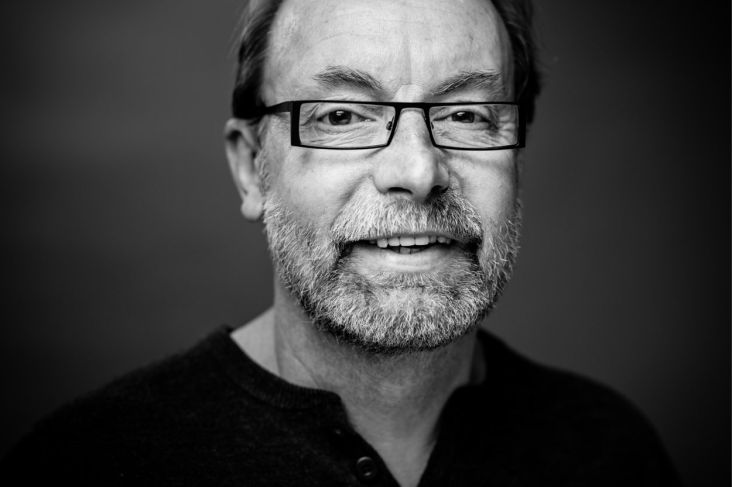
](https://www.creativeboom.com/upload/articles/f8/f8c8e6b9c7213a7c662135dc8365930725ee2fdf_732.jpeg)
